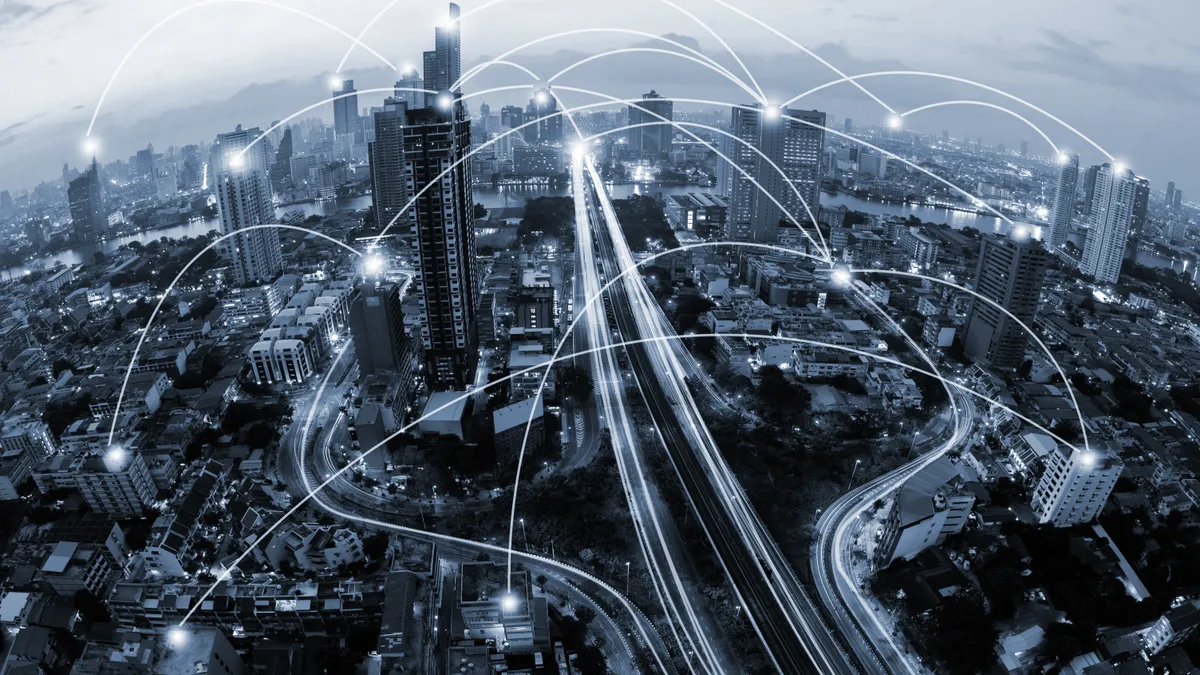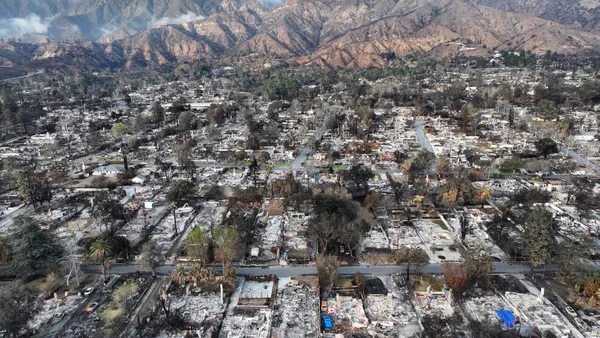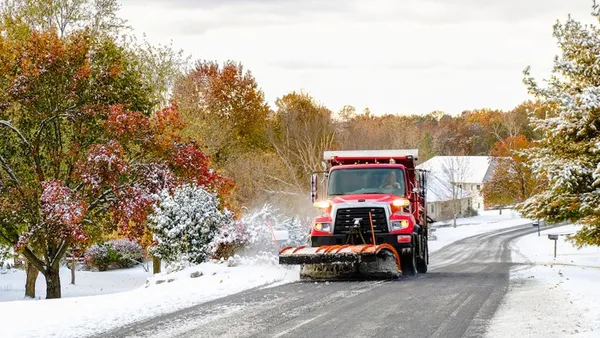Dive Brief:
- If cities are to close the digital divide and end so-called "digital redlining," they must partner with the private sector to help locally, but they also will need sustained federal help, speakers said at a virtual event Wednesday.
- Partnering with telecommunication companies and public entities like schools and recreation centers has been effective during the pandemic in bringing reliable high-speed internet access to majority-minority communities where too many residents were lacking the service, local leaders said at the event, which the news organization Route Fifty hosted. Those efforts also could work in a post-COVID-19 world, they said.
- The immediate infusion of dollars from the American Rescue Plan is helping some cities accelerate their digital equity plans, but these leaders said the federal government must step up with more sustained funding to help support the long-term build-out of broadband internet. A $1 trillion infrastructure deal that has received bipartisan support in the U.S. Senate contains $65 billion for broadband, but speakers said there must be repeated federal and state investments to truly close the digital divide.
Dive Insight:
The coronavirus pandemic highlighted the yawning digital divide in the United States and led many elected officials to try to mitigate it in the short-term through distributing devices and hot spots while partnering with telecommunication companies to improve service. San Jose, California installed small cells on city-owned streetlights and worked with the private sector to streamline the permitting process so they could "move at the speed of business," said its deputy manager Dolan Beckel.
Baltimore, which has a well-documented digital divide, took quick action last year with legislation that allowed it to use $3 million from its children and youth fund to expand internet access. Councilmember Zeke Cohen said those efforts included buying Chromebooks for low-income students, as the city "really scrambled" to keep education as uninterrupted as possible. Indeed, Cohen said broadband must be treated as a public utility given its importance to everyday life.
Brownsville, Texas, Mayor Trey Mendez said the American Rescue Plan's provisions for state and local governments has been critical in helping the city close its digital divide. Localities received significant flexibility in how they could spend the $350 billion they were appropriated, including on programs to expand internet access. Mendez said the city will now build out a fiber network for almost $20 million, and thanks to the federal help, it can fund that project completely ahead of a possible completion in 2023.
Mendez said Brownsville is one of the poorest and least-connected communities in the United States, and increasing internet access is a critical way to sparking economic development and lifting residents out of poverty. "We are not going to be the least connected for too long," he said.
While having sufficient infrastructure for high-speed internet is one way to help ease the digital divide, Norfolk, Virginia, Councilmember Andria McClellan emphasized that residents must also be educated on digital skills to ensure they can take full advantage of all the internet has to offer. Cohen said Baltimore has looked into paying high school students to teach older adults and others how to get the most out of their connected devices.
"It can't just be about having fiber in the ground," McClellan said. "You've got to have a device you can use it on, and you've got to have the aptitude and the digital literacy as well."
While the American Rescue Plan, expected infrastructure legislation and renewed emphasis on broadband rollout from the Economic Development Administration mean more short-term spending in high-speed internet, speakers said long-term funding is needed, too, to ensure the digital divide is truly closed. Beckel called for a "multiyear plan," with coordination between the states and the federal government, and a holistic approach that is flexible depending on communities’ needs.
McClellan called for federal funding opportunities to be "technology-agnostic" and not focused on one solution, especially as satellite internet is being floated as a new option. She said federal efforts to support deployment must be "evolutionary."
Cohen said a national effort is necessary, as the digital divide is a national problem that must be solved. "This is not just a Baltimore problem. This is not a problem specific to any of our communities," Cohen said. "This is an American problem, and it impacts towns and cities and reservations and rural, urban. When we think about infrastructure and the great emphasis that the Biden administration has placed, this is 21st century infrastructure."











